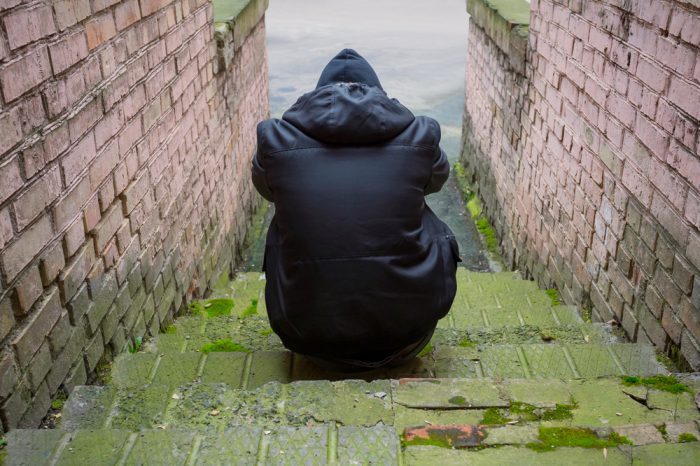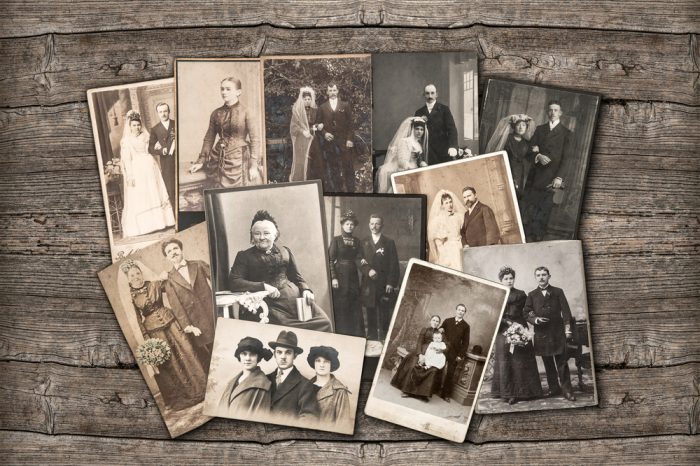Is PTSD a permanent disability? Not always. In fact, some patients find lifelong solutions. But, cannabis may only work short-term.
For decades, patients fighting the symptoms of Post Traumatic Stress Disorder (PTSD) have turned to cannabis for relief. In the early days, the correlation between increased consumption of cannabis and the symptoms of PTSD was misunderstood. Fortunately, we know better today. Cannabis reduces the severity of some of the most common manifestations of PTSD, including anxiety, irritability, and nightmares. But is PTSD a permanent disability? Or could medical cannabis help?
A recent paper exploring this relationship looked at the short and long term impacts of cannabis on the symptoms of PTSD. Its findings suggest cannabis is best for the short term. Cannabis seems to provide relief in the short term, but no benefit over the long term. Many veterans have asked, “Is PTSD a permanent VA disability?” but it’s unlikely that cannabis can answer this call.[1]Lafrance, E. M., Glodosky, N. C., Bonn-Miller, M., & Cuttler, C. (2020). Short and Long-Term Effects of Cannabis on Symptoms of Post-Traumatic Stress Disorder. Journal of Affective Disorders, … Continue reading
Results on Short Term and Long Term Cannabis for PTSD
A team of scientists from the University of Pennsylvania Perelman School of Medicine and Washington State University published the results of their uncontrolled study on cannabis use and PTSD in the Journal of Affective Disorders. They worked with data pulled from StrainPrint, which is, “a medical cannabis app that patients use to track changes in symptoms as a function of different strains and doses of cannabis across time.” In total, they looked at nearly 12,000 individual sessions from app users who self-identified as having PTSD.
Upon analysis of the data from Strainprint, the authors reported several fascinating findings. Cannabis consumption helped:
- reduce flashbacks by sixty-two percent,
- irritability by fifty-one percent,
- anxiety by fifty percent.
In summary, “Inhaled cannabis acutely reduced PTSD symptoms by more than 50%” but “Cannabis only provides temporary relief from PTSD symptoms.” Unfortunately, even with the medicinal properties of cannabis, it is not a cure. Is PTSD a permanent VA disability? All information continues to point to yes.
Of course, using data from unmonitored sessions, by people who have only self-identified as having PTSD, limits the study to some degree. There was also no control group. But, nevertheless, this assessment lays the groundwork for future studies with a more controlled and structured design.
Short Term Relief Still Important
As with many mental health conditions, short term relief of the most severe symptoms is still vital to long term recovery. Take anxiety disorders as one example. It can feel impossible to make positive changes, learn new skills, or receive psychological therapy during the most intense period of the condition. Basically, eating better and getting enough exercise isn’t an option when anxieties are running near panic levels.
Often, short term relief, with medical cannabis or pharmaceuticals, is needed to reduce the intensity of the experience to something more manageable. Short term relief allows for better mental capacity, which means the ability for long-term therapeutic approaches.
Essentially this theory postulates that patients may need help to get out of a mental health crisis, which will then give them the ability to work on long term solutions. Could this also be true for other mental health conditions, like PTSD? Maybe cannabis can help reduce anxiety, irritability, and flashbacks enough to allow patients to reach out for additional assistance.
 What Else Do We Know About Cannabis for PTSD?
What Else Do We Know About Cannabis for PTSD?
This data analysis from Strainprint isn’t the first investigation connecting the dots between patient cannabis consumption and the symptoms of PTSD. As a suspected endocannabinoid deficiency, patients with PTSD have a long history with medical cannabis.
In 2009, an open-label clinical trial tested a synthetic cannabinoid (nabilone) for nightmares related to PTSD. As the researchers concluded, “The results of this study indicate the potential benefits of nabilone, a synthetic cannabinoid, in patients with PTSD experiencing poor control of nightmares with standard pharmacotherapy.” They determined synthetic THC effectively improved sleep, reduced nightmares, and decreased the number of flashbacks.[2]Fraser, G. A. (2009). The Use of a Synthetic Cannabinoid in the Management of Treatment-Resistant Nightmares in Posttraumatic Stress Disorder (PTSD). CNS Neuroscience & Therapeutics, 15(1), … Continue reading
Since this 2009 publication, several more studies, including a double-blind placebo-controlled crossover study from 2015, reported similar results from the use of nabilone for the symptoms of PTSD. [3]Jetly, R., Heber, A., Fraser, G., & Boisvert, D. (2015). The efficacy of nabilone, a synthetic cannabinoid, in the treatment of PTSD-associated nightmares: A preliminary randomized, double-blind, … Continue reading
Researchers have also focused on the numbers. As a result, in analysis after analysis, PTSD (or a lifetime experience with trauma) increases the chances of cannabis consumption. As one recent study from the pages of Psychology of Addictive Behaviors concluded, “lifetime trauma was associated with greater odds of lifetime cannabis use, whereas PTSD was associated with greater odds of [Cannabis Use Disorder]. [4]Kevorkian, S., Bonn-Miller, M. O., Belendiuk, K., Carney, D. M., Roberson-Nay, R., & Berenz, E. C. (2015). Associations among trauma, posttraumatic stress disorder, cannabis use, and cannabis use … Continue reading
Is PTSD a Permanent VA Disability, Even With Medical Cannabis Treatment?
Unfortunately, based on the current body of research, it seems that cannabis does not cure PTSD. But, that doesn’t mean this natural intervention is without any medical merit. In fact, medical cannabis does seem to have powerful short term benefits. Accordingly, the numbers indicate that veterans and others with PTSD are very likely to rely on cannabis to relieve symptoms. Perhaps cannabis provides short term relief so that long term changes are possible?
References






